
You’ve been lied to about your smartphone, computer, and pretty much every gadget you own. Not by some evil corporation, but by outdated advice that refuses to fade. These tech myths circulate endlessly through family group chats and Reddit threads, sounding authoritative while being completely wrong. Your devices deserve better than folk wisdom from 2005. Here are those 20 tech lies you need to stop believing immediately.
More Signal Bars Mean Faster Internet
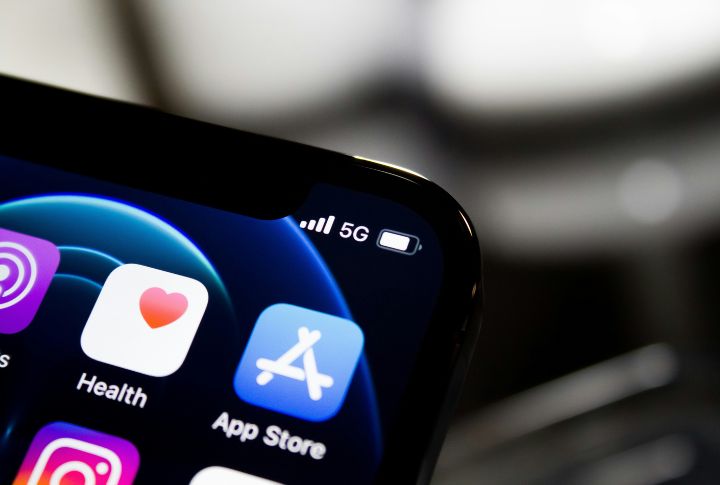
The signal bars only show whether your phone can connect to a nearby cell tower. They don’t measure how fast your internet will be. Your internet speed depends on how many people are using the network and what type of connection you have. So even with full bars, your internet might still be slow.
Windows 10/11 Needs Antivirus Software
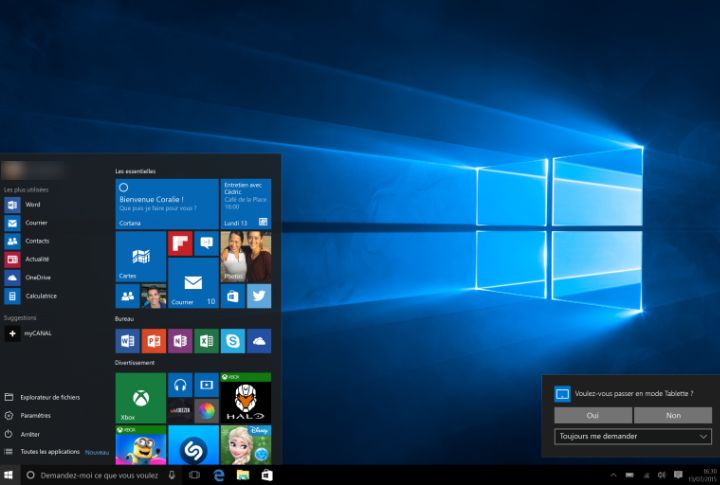
Never rush to buy Antivirus Software. Windows 10 and 11 come with Microsoft Defender built right in—and it’s actually good. It scans for threats, updates automatically, and protects you in real-time. Pair it with smart browsing habits, and you’re covered without spending a dime.
5G Causes Health Problems
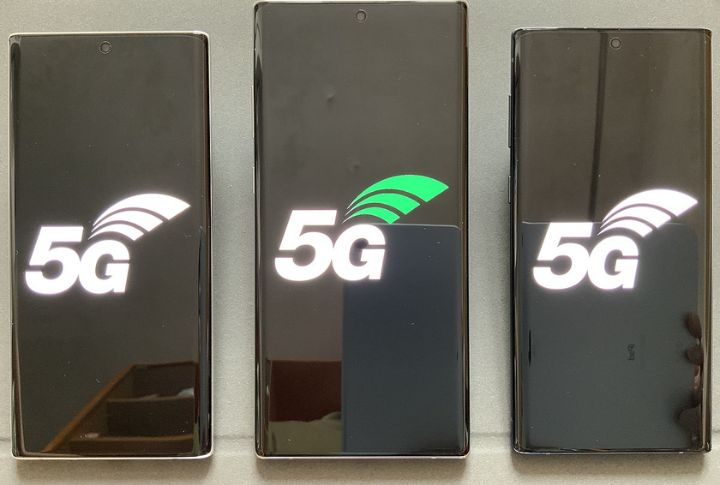
5G health scares have gotten wild; some people even blamed it for COVID-19. But here’s what science actually says: 5G uses non-ionising radiation, which can’t damage your DNA. Despite scary headlines, researchers haven’t found any proven health problems from 5G networks.
Deleting Files Removes Them Permanently
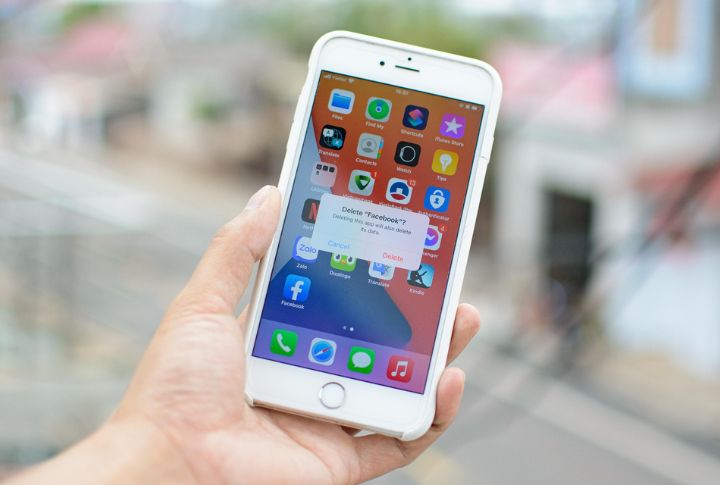
Hitting delete fails to actually erase your files—it just hides them. Even emptying the recycle bin leaves data on your hard drive that recovery software can find. Want files truly gone? You need special shredding programs that overwrite the data completely.
Private Messaging Apps Are 100% Secure
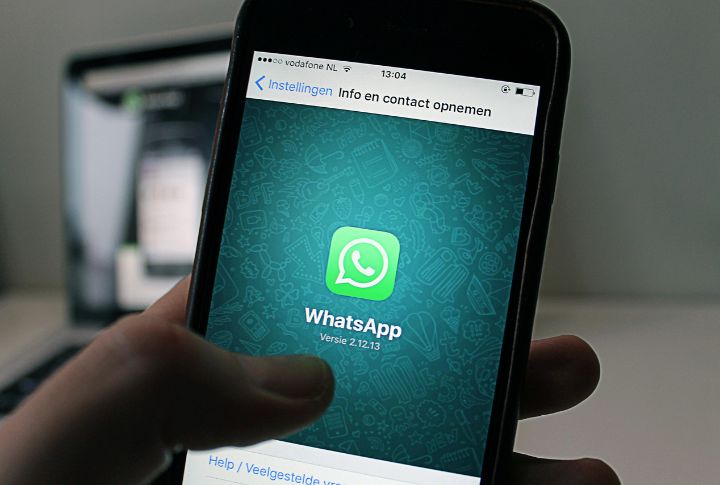
Private messaging apps encrypt your messages, which is great. However, they still collect other data, including who you contact, when you message, and how often. Plus, cloud backups can still be accessed by authorities or hackers. Your messages are protected, but your activity patterns aren’t fully private.
Charging Overnight Damages Phone Batteries
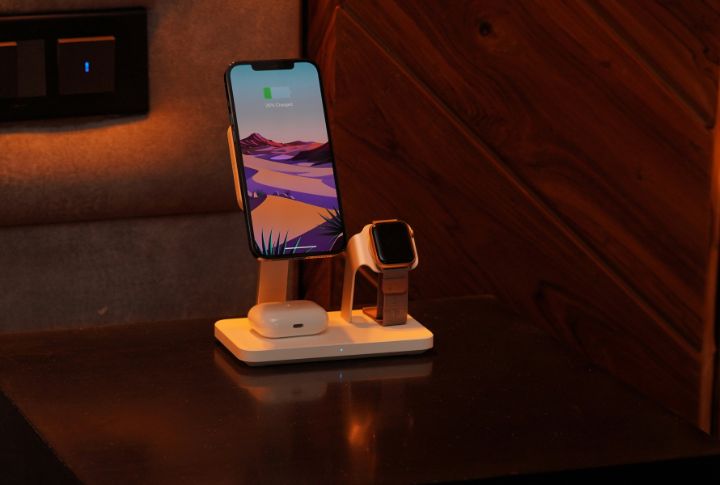
Modern phones are smarter than you think. They stop charging at 100% automatically, so leaving your phone plugged in overnight won’t damage the battery. What actually harms batteries? Heat. Keep your phone cool, and overnight charging won’t cause it to burst.
Too Many Tabs Will Crash Your Computer

Tons of open tabs no longer cause your computer to crash. Browsers like Chrome, Firefox, and Safari automatically put unused tabs to sleep, which saves memory. Only the tab you’re actively viewing uses full resources. The rest just sit there quietly. Open 50 tabs or 100—your system stays stable.
More RAM Equals Faster Performance
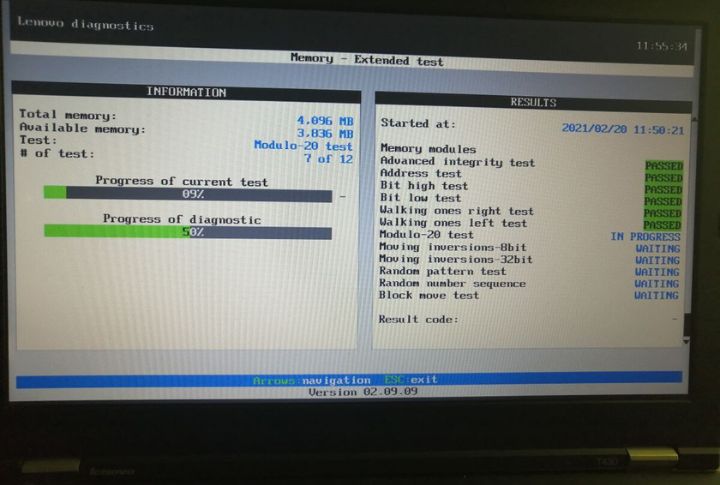
RAM upgrades only boost speed when you consistently reach your memory limit. Got plenty of unused RAM already? Adding more changes nothing. Your processor and storage drive play equally important roles in performance. Think of it as a team effort where every player matters.
Incognito Stops Ads Completely

Incognito mode only hides your browsing from other people who use your computer. It clears your history when you close the window. Websites can see you. Advertisers can track you. Ads continue showing up. It’s privacy from your roommate, not privacy from the internet.
You Need To Defragment SSDs
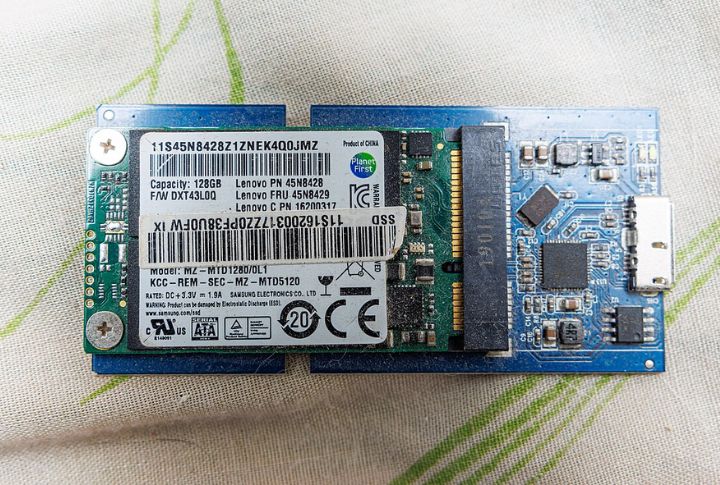
Old hard drives? Yes, they needed defragging. But SSDs are a completely different story. Flash memory grabs data instantly, whether it’s organized or scattered. These drives manage themselves through wear-levelling. Defragging an SSD just creates unnecessary writes that shorten its life. Windows recognises this and skips the whole process automatically.
Computer Viruses Are Everywhere Online
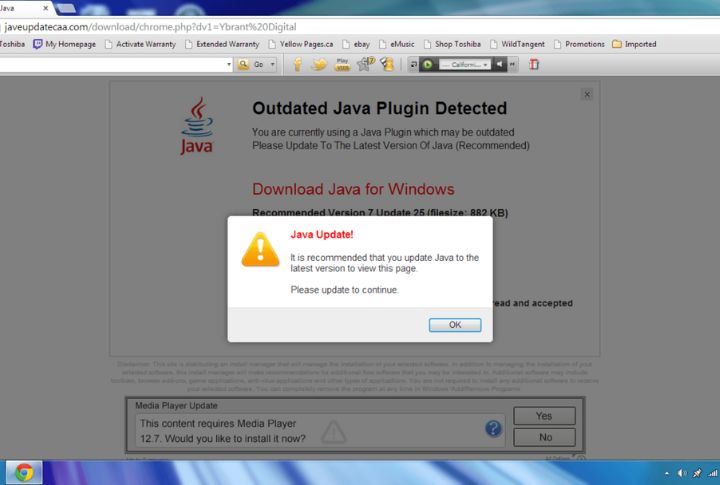
Viruses are out there, just not lurking around every corner like you’ve been told. Your browser and computer already have solid protection working in the background. Legitimate sites and official downloads are totally safe. The actual threats hide in sketchy emails, fake download buttons, and shady websites. Stay alert and you’re fine.
More Cores Equal Faster CPU Performance
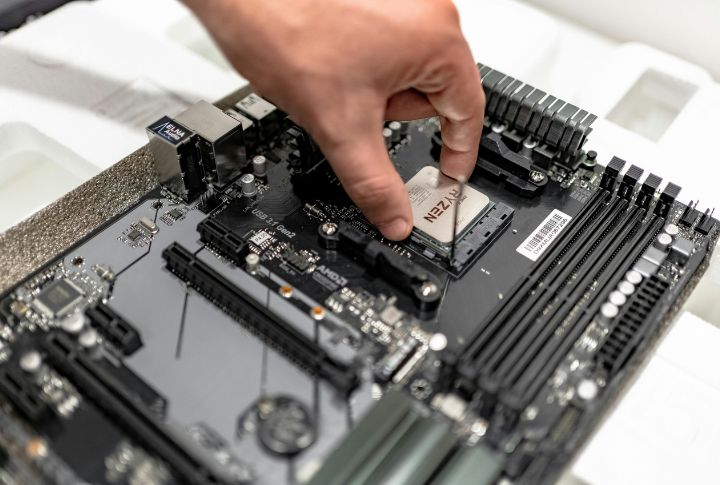
More cores sound impressive, and they help with multitasking. The catch? Most programs you use daily only tap into one or two cores. Your email app, web browser, and many games can’t split their work across multiple cores. Those extra cores sit there unused during regular activities.
Clearing Cookies Improves Security

Cookies get blamed for security problems they don’t actually cause. They’re just small files that remember your preferences and keep you logged in. Clearing them won’t make you safer—it just forces you to re-enter passwords and reset preferences everywhere. Some cookies are even necessary for websites to work properly.
Charging Via USB Is Always Safe
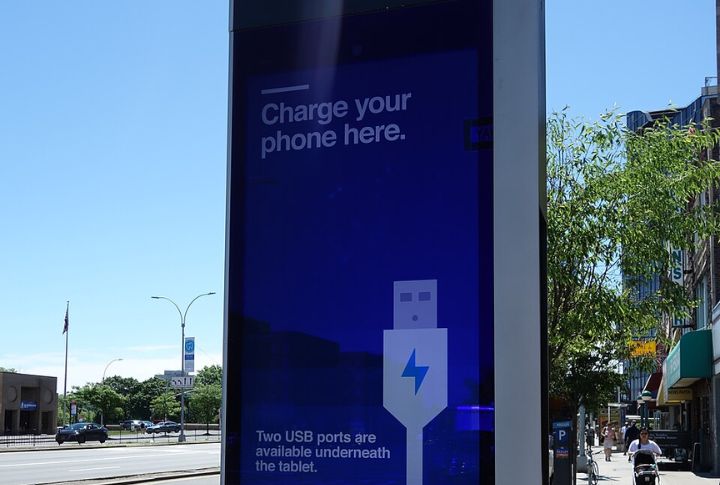
Charging at home or work? Go ahead, you’re safe. But public charging stations are not that secure. Hackers can rig those airport and mall kiosks to steal your data while your phone charges. It’s called juice jacking, and it turns convenient charging spots into digital traps you should avoid.
Filters Are Essential For Quality Photos

Skip buying filters right away. Digital cameras now have sensors and software so advanced that they produce amazing images completely solo. Filters serve a purpose for niche situations like reducing glare or creating artistic effects. For everyday photography, your camera already has everything required. Save that money for something you’ll actually use regularly.
You Can “Boost” Wi-Fi With Random Apps
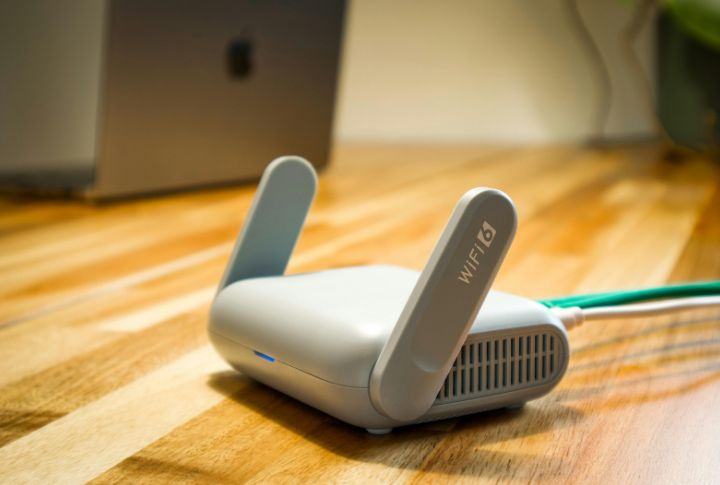
Wi-Fi booster apps make big promises about faster internet. What do they actually do? Clear some cache and close background apps. That’s it. Real Wi-Fi speed depends on your router’s location, the quality of your hardware, and your internet plan. No app can change those physical limitations, no matter what they claim.
Closing Pop-Ups Prevents Malware

Closing pop-ups feels protective, except malware often activates before you even click the X button. Certain pop-ups trigger downloads the moment they appear on your screen. Even if you handle every pop-up perfectly, you’re still vulnerable to email scams and compromised websites that spread malware through completely different channels.
You Need To Restart Devices Daily
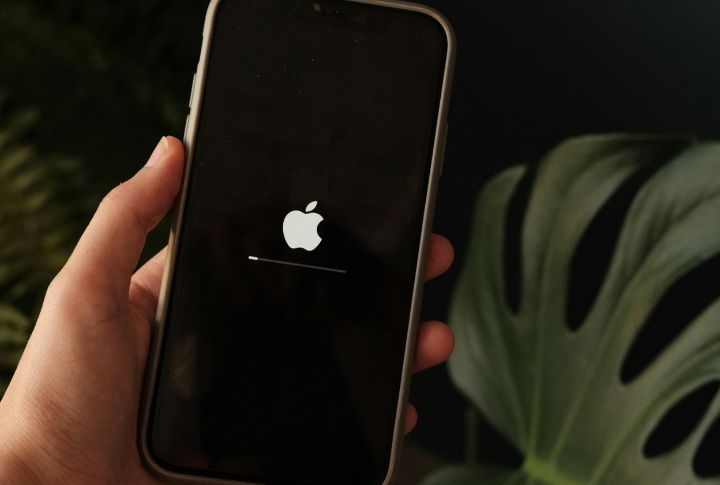
Restarting your devices every day solves nothing. Modern phones and computers are built to stay on continuously. They handle memory management automatically without your help. Frequent restarts actually stress the hardware more than leaving things running. Only reboot for updates or when something’s genuinely acting weird.
Bluetooth Is Unsafe For Personal Data
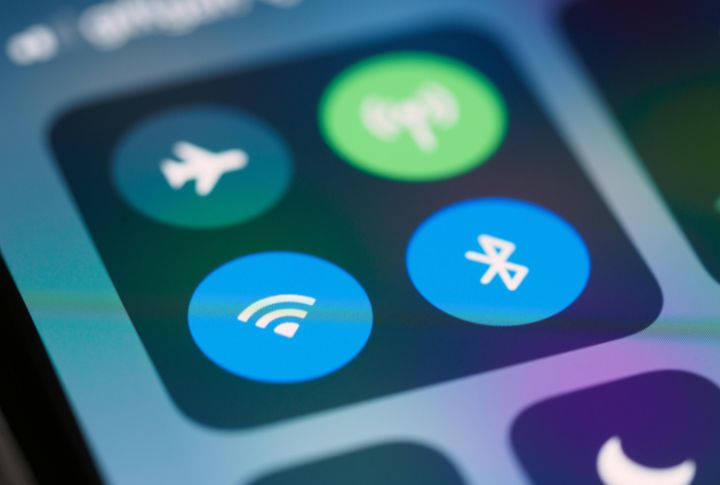
Bluetooth isn’t the security disaster people claim it is. The real problem comes from careless setup rather than the technology itself. When you skip proper pairing, nearby hackers can peek at your data. Configure things correctly with encryption enabled, though, and your information stays locked down tight. Attackers also need physical proximity to even attempt anything.
More Expensive Tech Is Always Better

Higher prices don’t guarantee better technology. Budget options often match or beat expensive models in real-world performance. What matters more? Compatibility with your devices, solid build quality, and features you’ll actually use. Smart shopping means identifying your specific needs first, then finding the best fit regardless of price tag.
